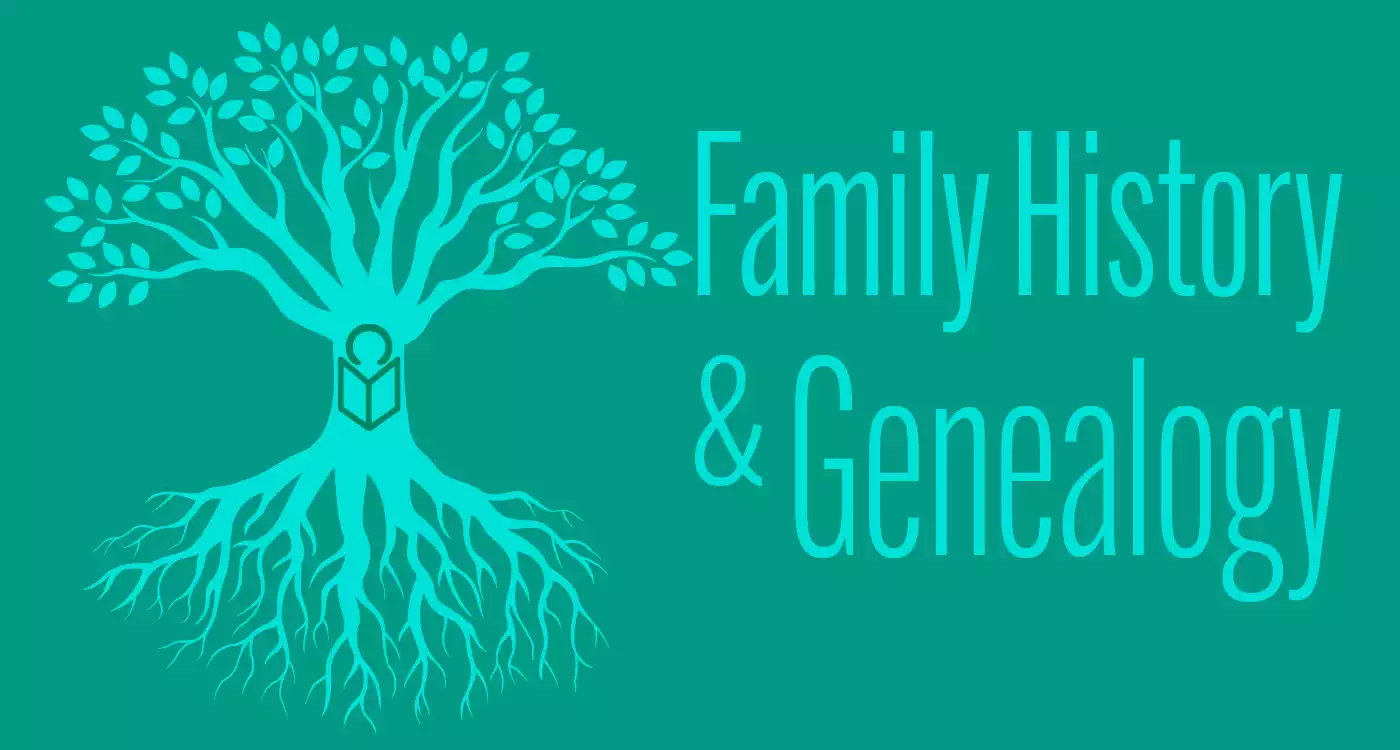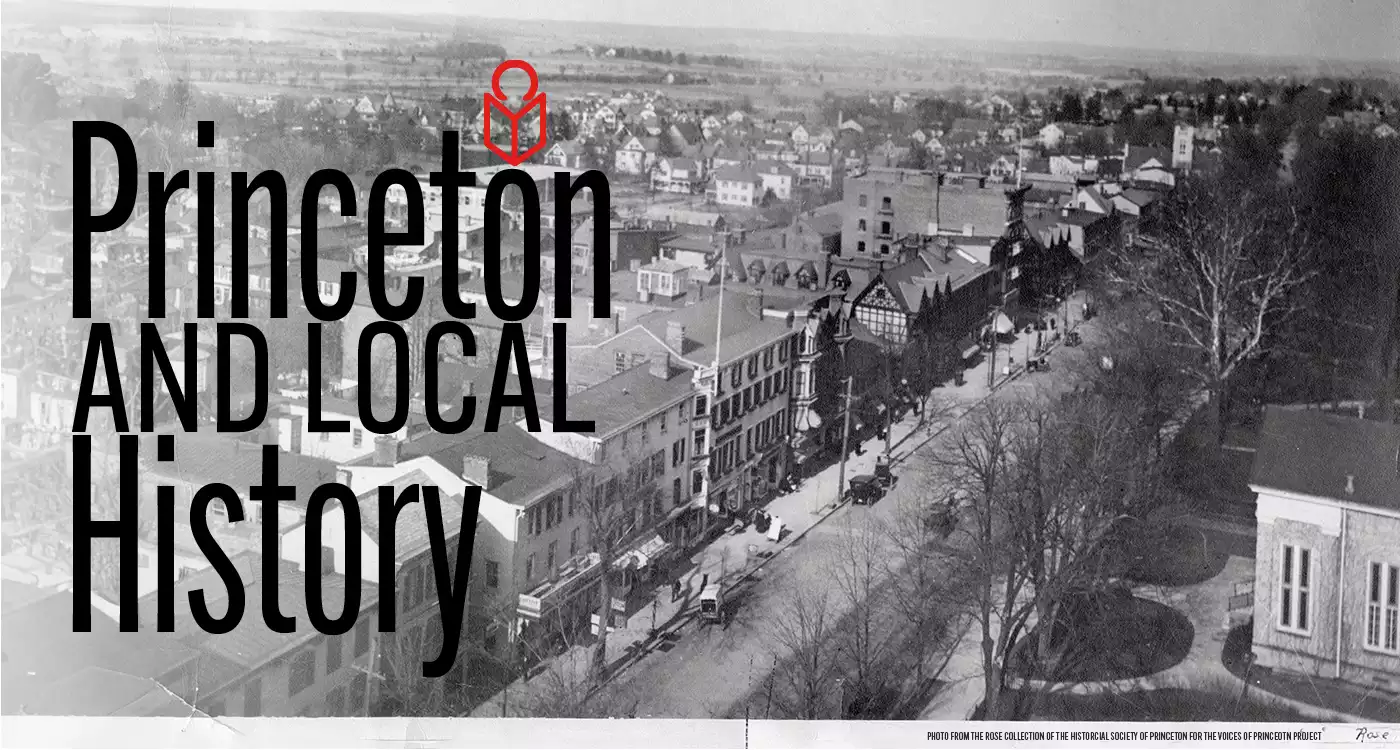
My grandfather’s cousin Jack was incredibly focused when it came to genealogy. Working in the pre-internet days, he traveled, called, wrote letters, and faxed to dig up records from the U.S. and across Europe to fill in as much of his family tree as he could. He filled a bin full of binders that contained newspaper clippings, photographs, an old wallet, letters, and more. Those binders eventually came to me through a great aunt, and I added it all to a digital family tree that could then be shared and expanded further. For me, it’s astounding to look back over the centuries, to see how many ways my family has branched off into the world, and to consider all they lived through and saw. It’s also astounding how many relatives named Harriet I had during the 19th century.
October is Family History Month, and the library wants to give you the tools to get started with, or continue, your own genealogical journey. With your library card, you can access three databases overflowing with historical records from the U.S. and around the globe: Ancestry Library Edition, HeritageQuest, and Fold3 Library Edition. From home, you can dive deep into your family’s story, tracking immigration, marriages, military history, and more. Records can be saved and added to your own family tree, whether you prefer cousin Jack’s paper and binder method or a digital version. If you’re ready to explore on your own, visit our Family History & Genealogy resource guide to access these and other resources. New to it all? Join us on October 28 for an introduction to using these three databases.
You may not be as interested in the historical record as I am, but family history isn’t restricted to dates and family trees – preserving your family history can also be about remembering anecdotes, recipes, and family jokes or keeping track of your favorite singalongs and the names of your pets. What were your grandparents’ favorite childhood games? What’s that weird story about your aunt’s cross-country trip that has become something of a legend? How did your cousin get that nickname? Collecting oral histories can be a wonderful way to capture these memories and help share your family story with younger members of the family and with future generations. Even when we’re separated, today’s technology makes it possible to record and save these histories. Join us on November 17 as the Historical Society of Princeton helps get you started with collecting oral histories just in time for the holidays.
For some people, Family History Month may not be something to celebrate, and genealogical research may be challenging or painful. Your story is also valuable and worth preserving, particularly as we live through this astounding time in history. You may want to document your experiences, and we hope you’ll consider participating in the Voices of Princeton project, which collects, archives, and shares the stories of Princetonians.
Whether you’re surrounded by annotated census records or sharing your own memories, you can be a part of the ongoing story that connects people over time.
Photo by Roman Kraft on Unsplash


